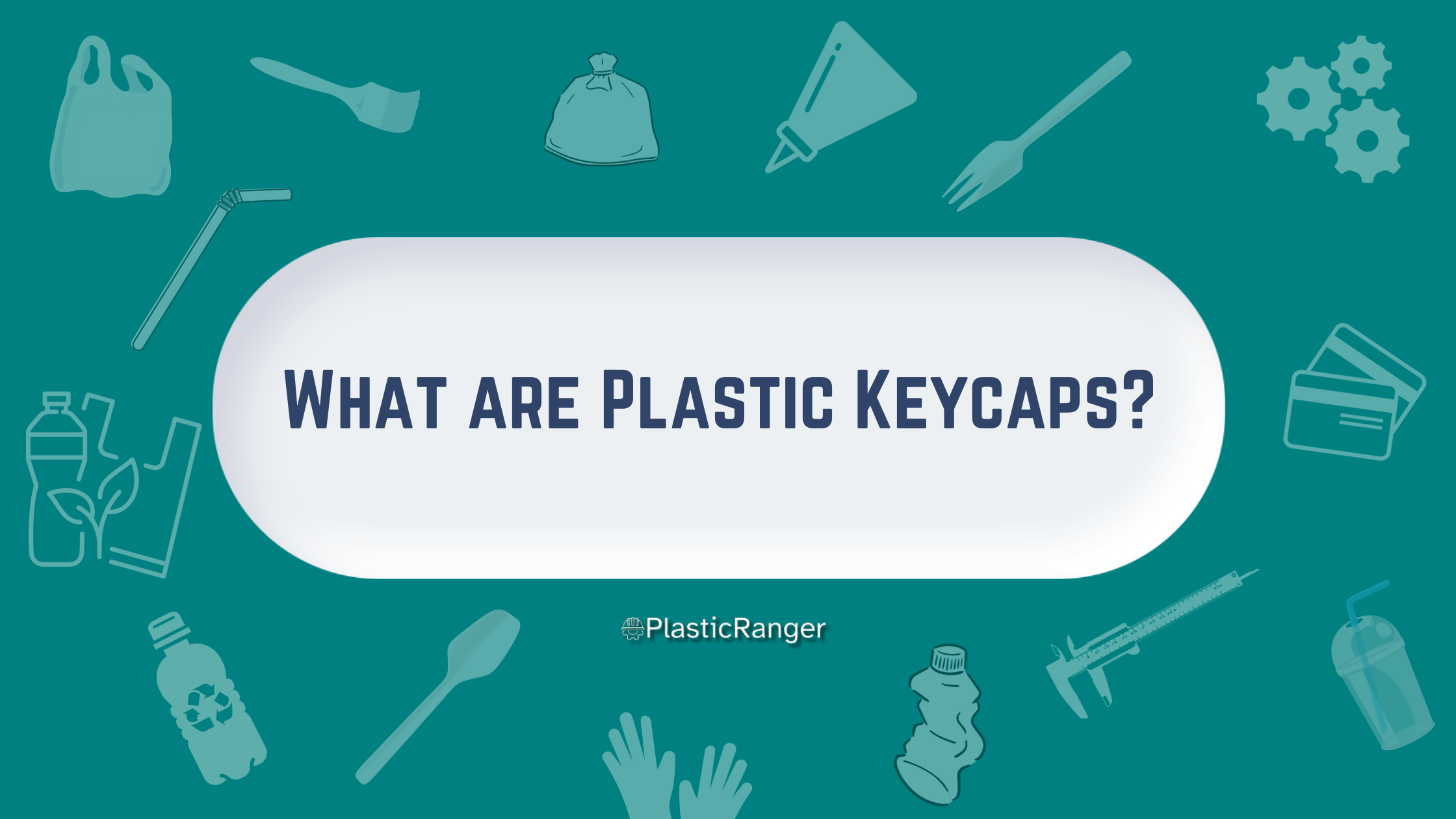Plastic Keycaps: A Deep Dive into Their Composition and Evolution
Computer keyboards have long been a staple of our digital age. But beyond the circuitry and software, the tactile experience of typing rests mainly on the keycaps. These seemingly insignificant pieces of plastic play a pivotal role in a keyboard’s feel, aesthetics, and durability. This article explores the fascinating world of keycaps made from plastics, focusing on the materials they are crafted from and their evolution over Time.
History and Development
The story of plastic keycaps mirrors the broader history of computer keyboards. Inspired by typewriters, early computer keyboards in the 1960s and 70s initially employed keycaps made from hard plastics. However, as computing became more widespread and preferences shifted, so did the materials and methods used to produce keycaps.
Materials Used in Keycap Production
ABS (Acrylonitrile Butadiene Styrene)
Description: ABS is a common thermoplastic polymer known for its strength and durability.
Pros: ABS has an excellent density profile, making ABS keycaps generally cheaper to produce, making them a popular choice for many mainstream, budget-friendly keyboards. They can be easily double-shot molded, a process where two layers of plastic are developed for better legend (the character on the keycap) durability.
Cons: Over Time, ABS keycaps tend to become shiny with use. They can wear out quicker than other materials, with legends fading or disappearing with heavy use.
PBT (Polybutylene Terephthalate)
Description: PBT is another thermoplastic polymer, but it’s more resilient than ABS.
Pros: PBT keycaps resist shine even after prolonged use, maintaining their texture for longer. They generally have a rougher, more textured feel than ABS, which some typists prefer for the tactile experience.
Cons: PBT is typically more expensive than ABS. Regarding double-shot molding, PBT presents challenges due to its higher melting point, although double-shot PBT keycaps are available but tend to be pricier.
POM (Polyoxymethylene)
Description: POM, also known as Delrin, is a type of engineering thermoplastic.
Pros: POM keycaps are smooth and provide a unique feel between ABS and PBT. They are durable and wear-resistant.
Cons: They are less common than ABS and PBT keycaps and might be slightly more expensive.
The Evolution
Over Time Originally, ABS was the primary choice for keycap manufacturing, given its affordability and ease of molding. As the mechanical keyboard community grew, enthusiasts started seeking higher quality and longevity from their keycaps.
This shift led to the rise in popularity of PBT keycaps in the late 2000s and 2010s. PBT’s resistance to shine and unique texture gave it an edge, especially among dedicated typists and gamers.
Meanwhile, while less popular than ABS and PBT, POM found its niche. Known for its smooth texture, POM keycaps cater to a subset of enthusiasts who crave a unique typing experience.
Another noteworthy trend has been the art of custom keycap sets. Materials like ABS and PBT allow for vibrant colors and intricate designs. Keycaps have transformed from mere functional pieces to canvases of personal expression.
Special edition, artisan keycaps, and community-designed sets have become collectors’ items, with some fetching high prices in secondary markets.
Conclusion
The world of plastic keycaps is as diverse as it is colorful. As we have seen, the choice of material, be it ABS, PBT, or POM, can significantly influence a keyboard’s typing experience, longevity, and aesthetics. Over Time, as preferences evolved and technology advanced, so did the materials and craftsmanship associated with keycap production.
Today, with the resurgence in popularity of mechanical keyboards, the demand for high-quality, unique, and aesthetically pleasing keycaps has never been higher. Whether you’re a casual computer user or a hardcore keyboard enthusiast, understanding the composition and history of keycaps can enhance your appreciation for that piece of hardware you use every day.
Quick Navigation

